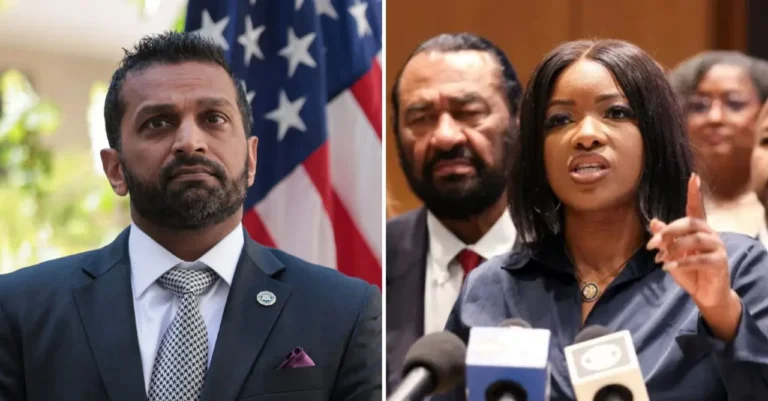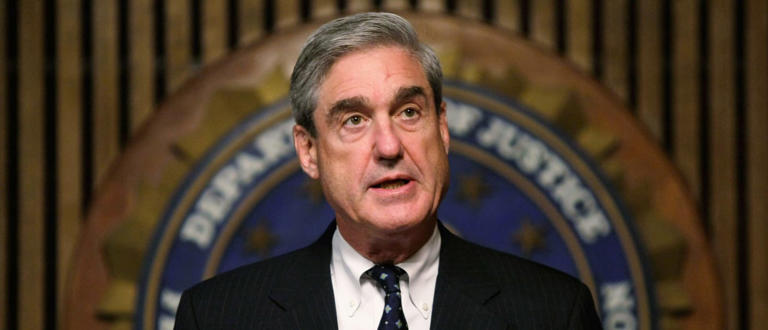President Joe Biden is unlikely to endorse any continuing resolution proposed by House Republicans, as bipartisan efforts in the Senate aim to fund the government through the full appropriations process, according to White House officials.
Furthermore, the White House is actively working to erode support among moderate House Republicans for House Speaker Kevin McCarthy’s (R-CA) attempts to assemble a continuing resolution before the government funding deadline at the end of the month.
White House officials argue that McCarthy’s “Republican-only” legislation would breach the spending agreement reached between the president and the speaker during this summer’s debt ceiling showdown by establishing spending levels lower than the agreed-upon threshold.
These officials believe that moderate Republican lawmakers may not fully grasp the potential longer-term consequences of McCarthy’s “partisan maneuvers,” including cuts to programs supported by the GOP and conservative constituents.
White House officials have shared a fact sheet with stakeholders, outlining potential impacts of the proposed continuing resolution, which could include:
- A reduction of 800 U.S. Customs and Border Protection agents and officers, potentially allowing the smuggling of significant quantities of illegal substances into the country.
- Approximately 125,000 seniors and children losing access to healthcare and essential nutritional services.
- 110,000 children losing their slots in the Head Start program.
- A decrease of 40,000 teachers, affecting around 26 million students.
- A reduction of 145 local law enforcement officials due to Department of Justice budget cuts.
- 250,000 workers losing job training and employment opportunities.
The fact sheet asserts that the continuing resolution introduced by House Republicans would implement indiscriminate cuts to crucial programs relied upon by millions of hardworking Americans. It highlights that this approach violates the agreement negotiated between the Speaker and President Biden and contradicts the bipartisan approach adopted by the Senate. The fact sheet further suggests that these cuts are designed to pave the way for longer-term reductions, in alignment with the appropriations bills advocated by some House Republicans.
White House officials also pointed out McCarthy’s challenges in uniting the most conservative faction of the caucus behind a single spending proposal.
McCarthy postponed further action on the continuing resolution until later in the week following an all-conference meeting earlier that day.
Earlier in the day, the White House criticized House Republicans for prioritizing impeachment hearings of President Biden over addressing the impending government shutdown.

Conducting a political stunt hearing in the final days before a potential government shutdown reveals their true priorities. To them, baseless personal attacks on President Biden take precedence over averting a government shutdown and the hardships it would inflict on American families,” remarked White House spokesperson Ian Sams in a statement. “Their shutdown would have adverse effects on our economy, national security, federal workers, and critical areas such as troop compensation, disaster relief, and efforts to combat the fentanyl crisis. Clearly, they hope to use their groundless, unsupported impeachment maneuver to divert attention from the repercussions of their extreme agenda, including their current funding proposal to cut tens of thousands of preschool slots nationwide and eliminate thousands of law enforcement jobs.
“The President’s stance is unequivocal: He remains committed to addressing issues that hold significance for the American people, including preventing the damaging and perilous cuts advocated by House Republicans that could lead to a government shutdown,” he added. “House Republicans should set aside these political theatrics in Washington and fulfill their responsibility to avert a government shutdown.”
Meanwhile, the Senate is making gradual progress in its efforts to fund the government through the customary appropriations channels, a course of action the White House confirms the president supports.
All 12 annual spending bills gained committee approval with bipartisan backing in September, until Sen. Ron Johnson (R-WI) invoked Senate Rule 16, which restricts senators from expanding the regular scope of appropriations packages. This move prevented Senate Appropriations Chairwoman Patty Murray (D-WA) and Vice Chairwoman Susan Collins (R-ME) from submitting a “minibus” amendment to the military construction and veterans affairs bill.
Senate Majority Leader Chuck Schumer (D-NY) took steps on Monday to suspend Senate rules and enable the minibus to advance.
“It’s unfortunate that one member who does not represent the views of most senators prevented us from moving forward last week,” Schumer noted on Monday, anticipating a rules vote later in the week.
However, Democrats would still require two-thirds support from the full chamber to suspend Rule 16, an endeavor acknowledged by Senate Democratic Whip Dick Durbin (D-IL) as “not an easy thing.”




















